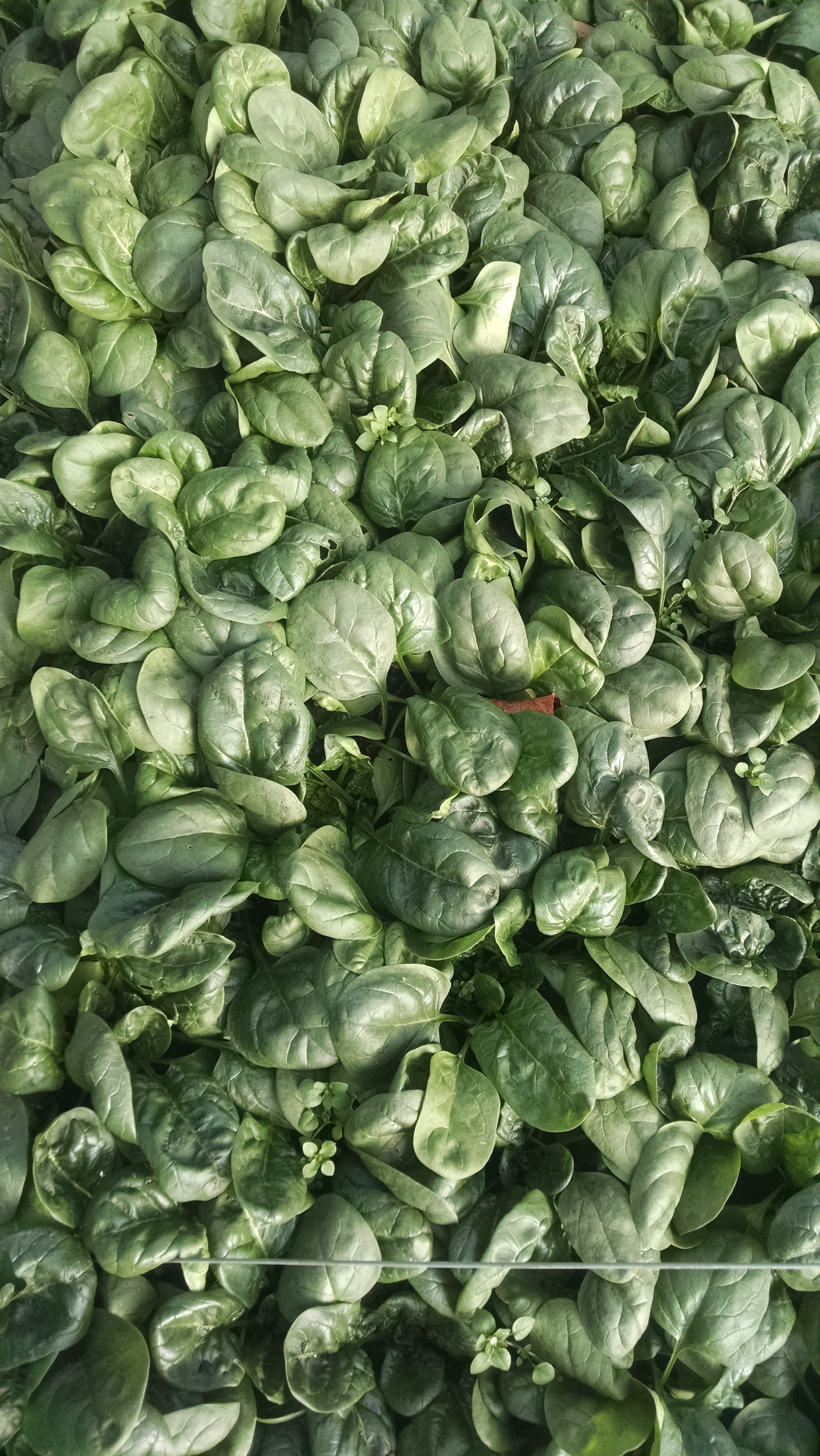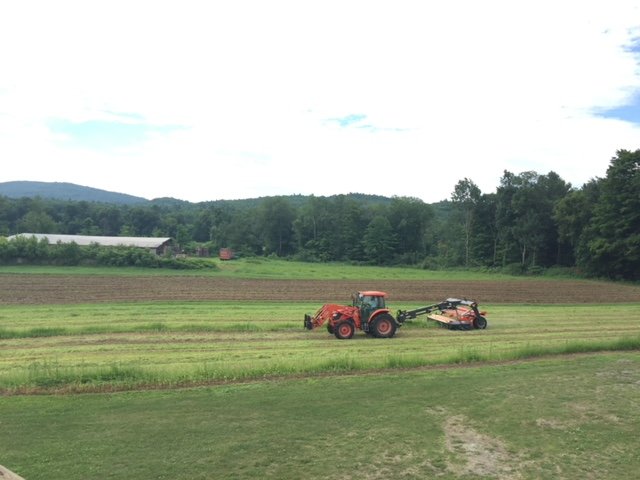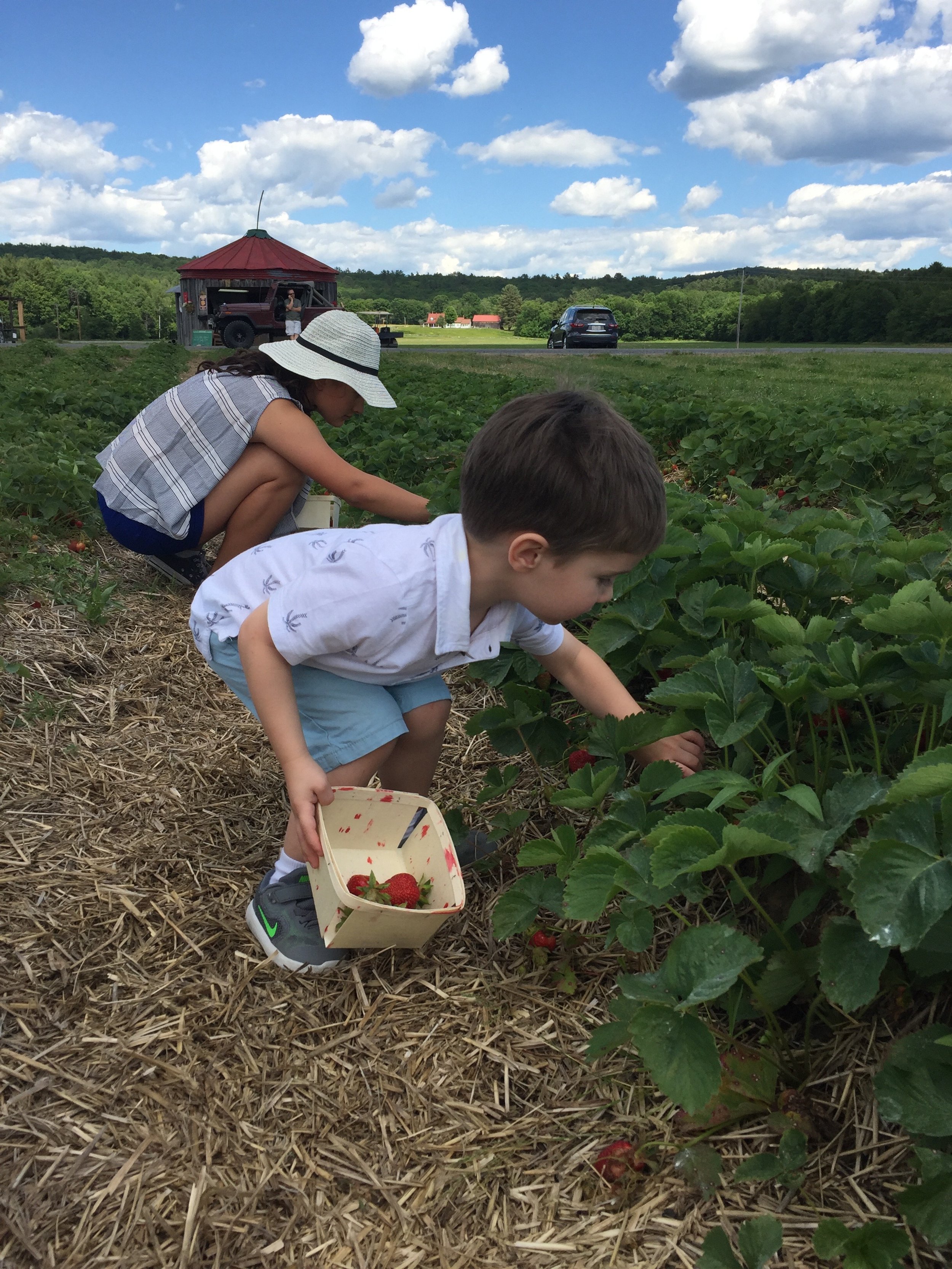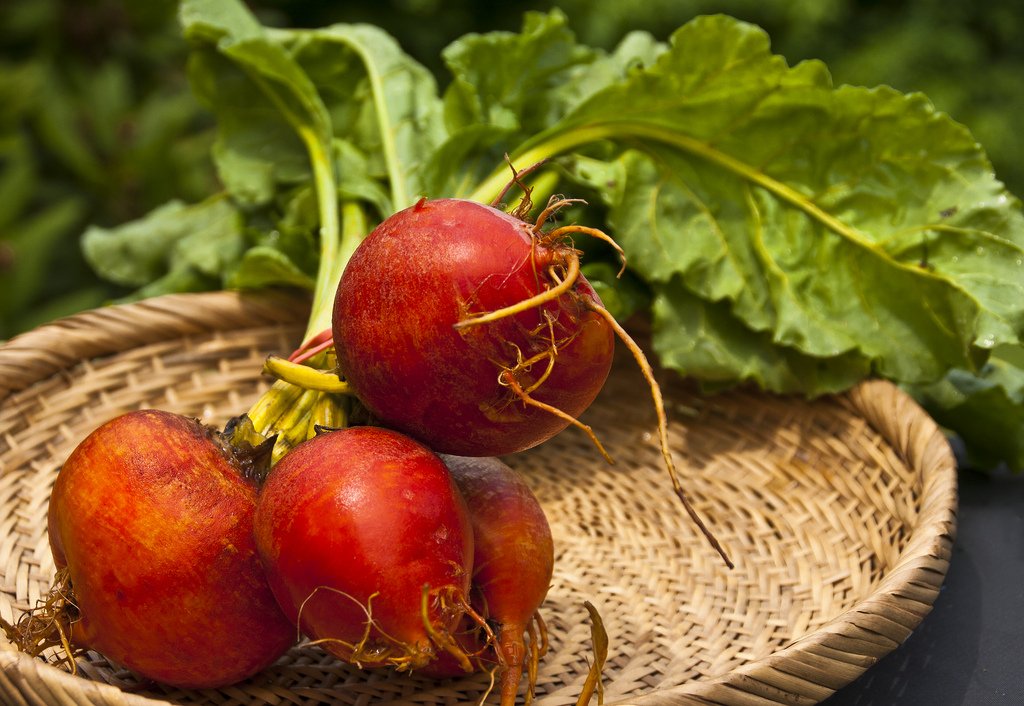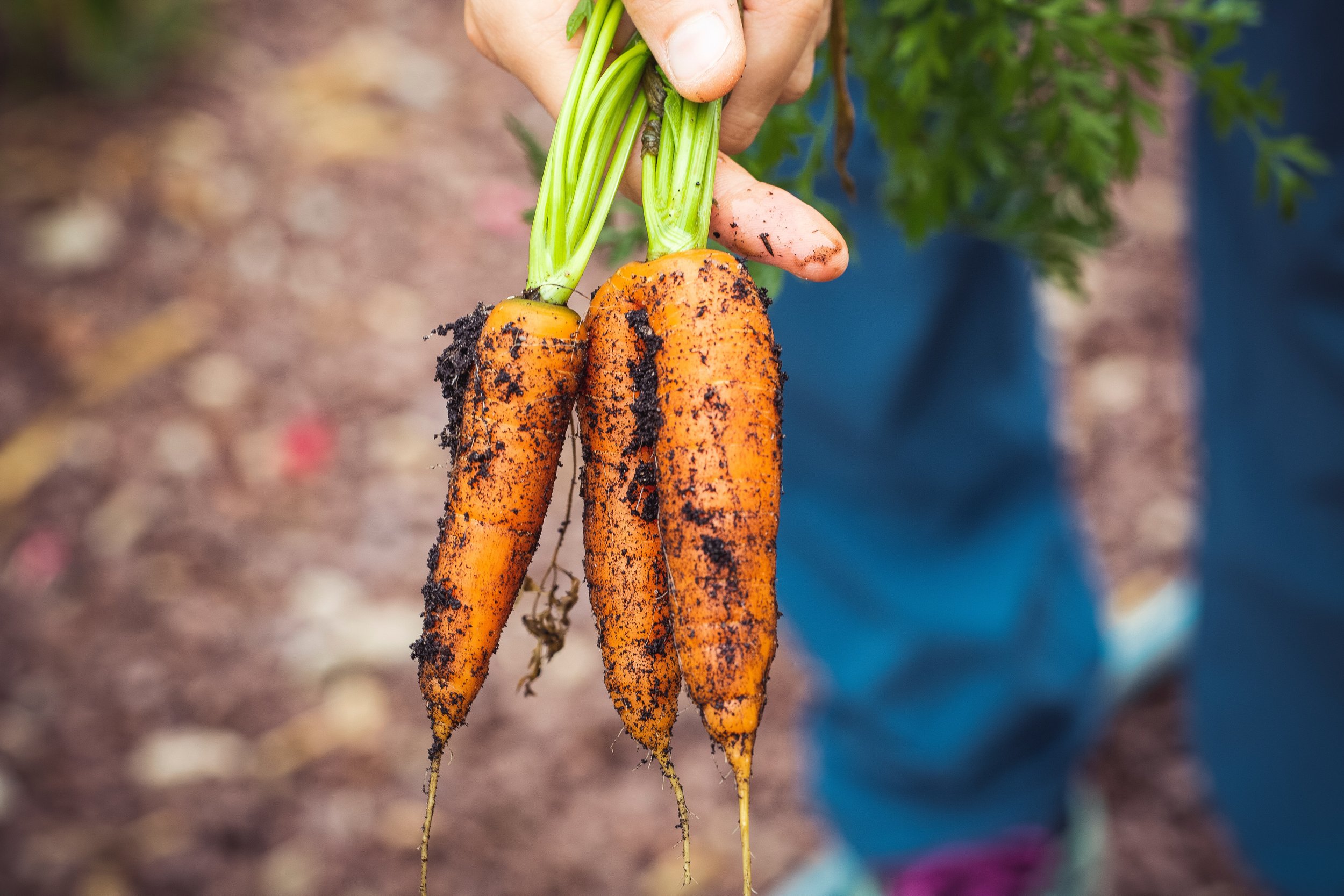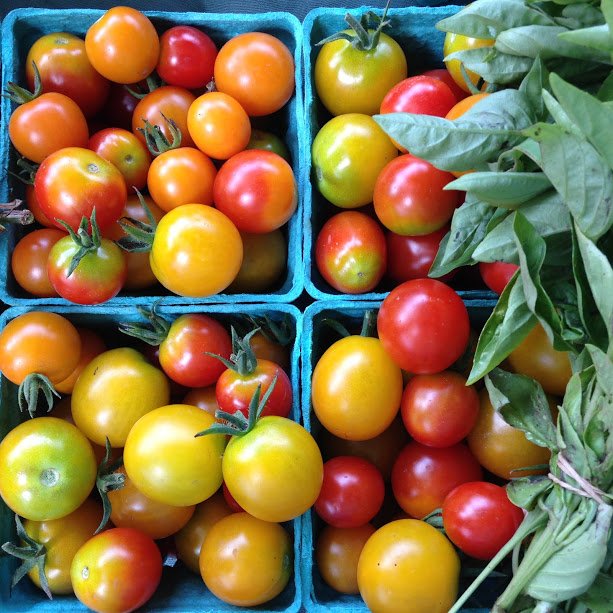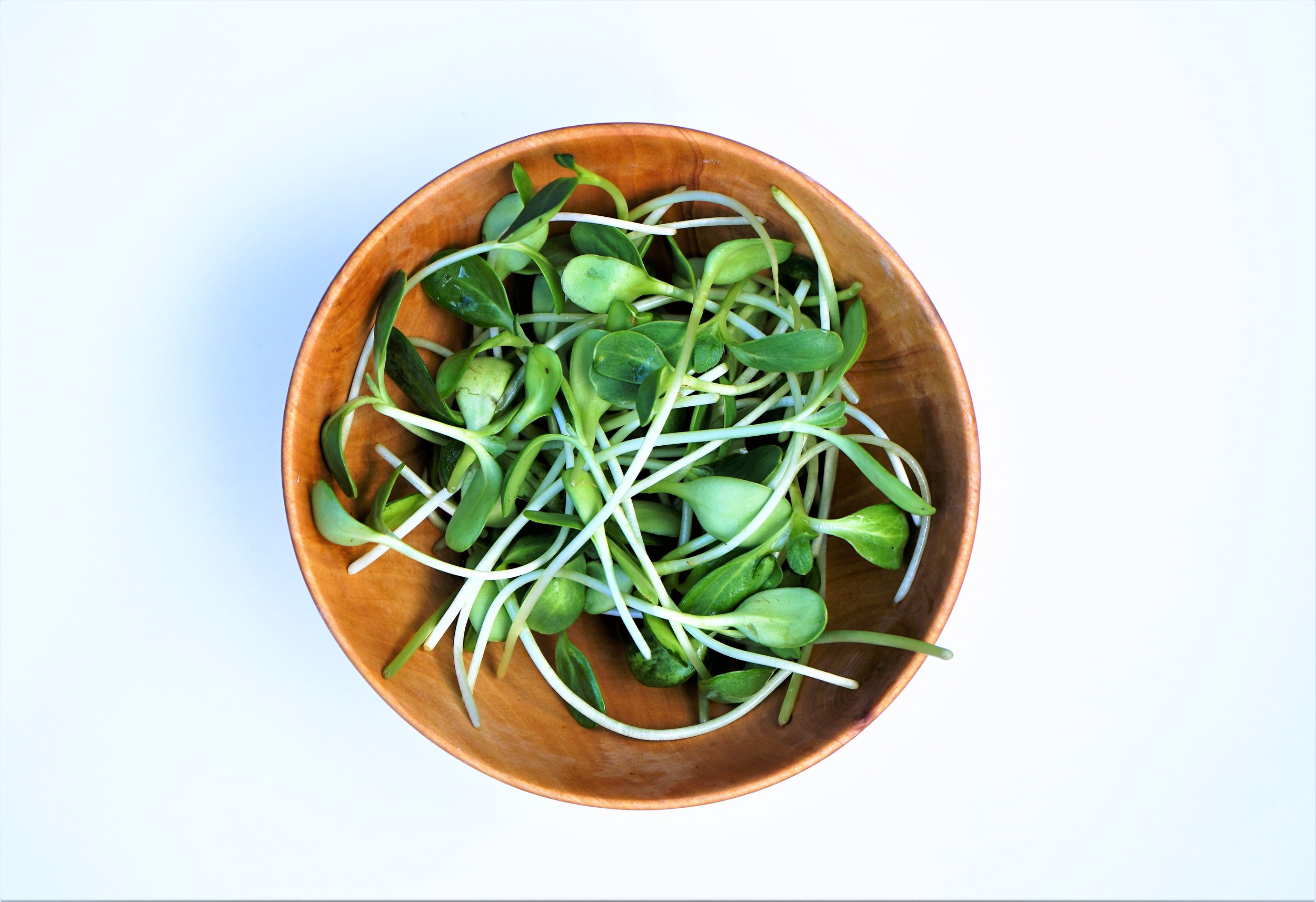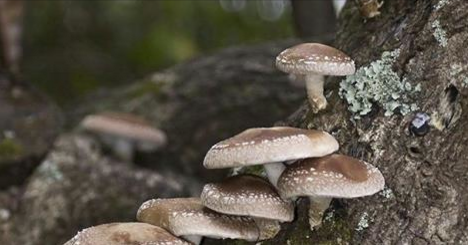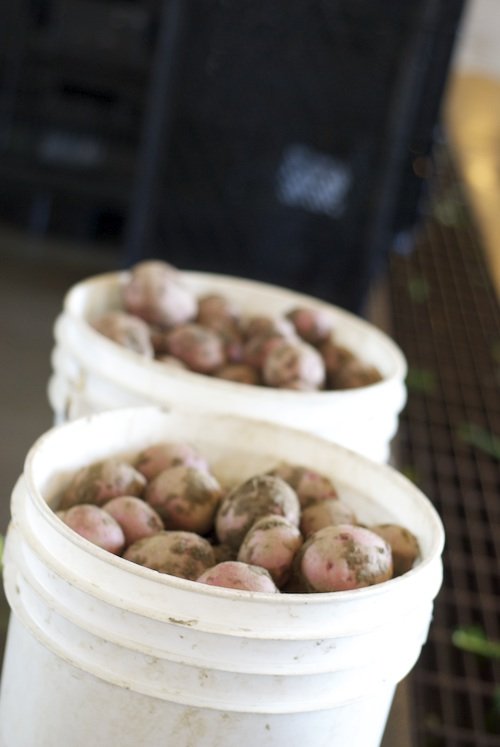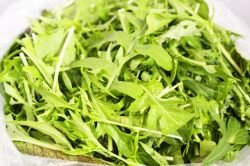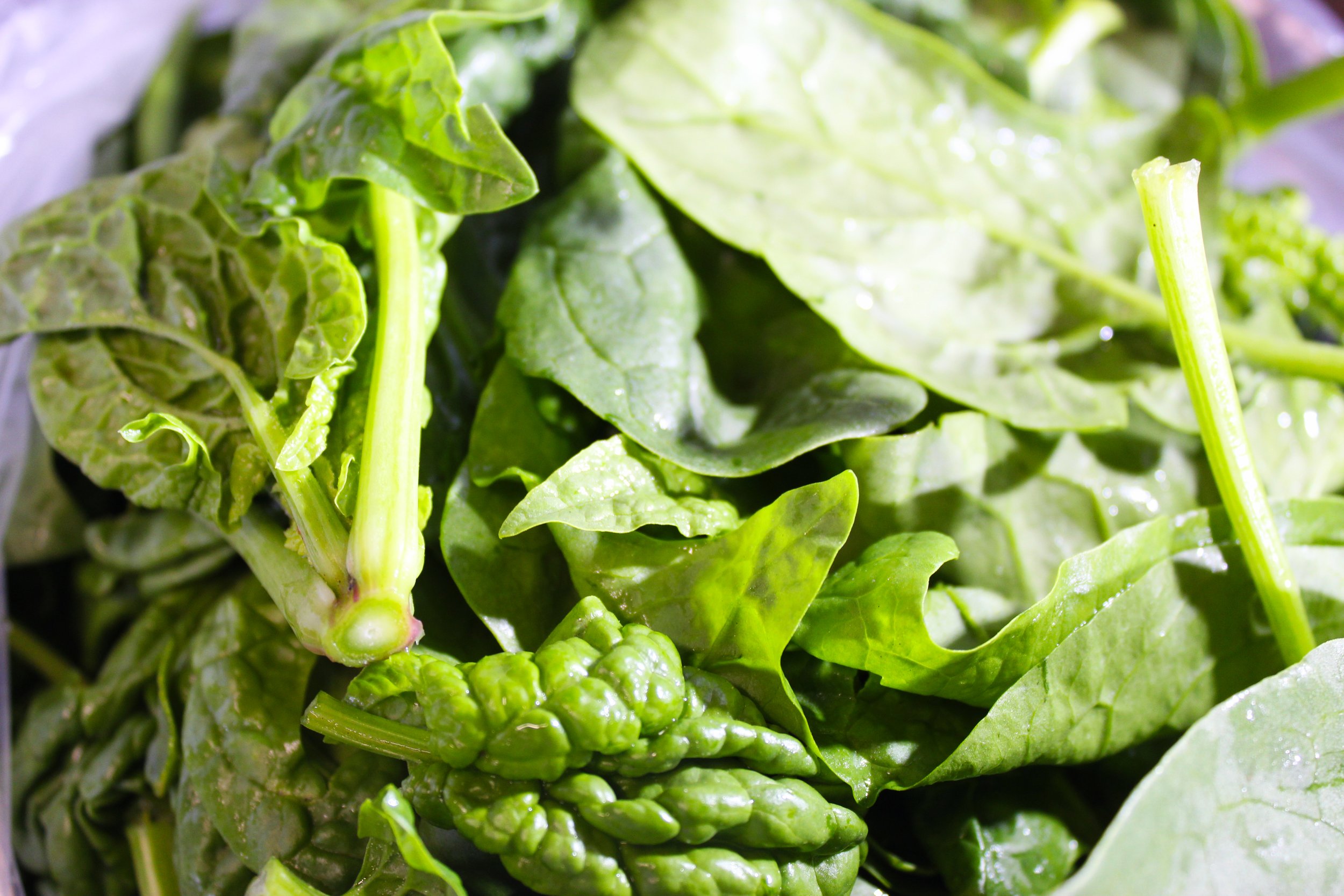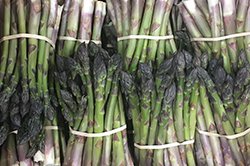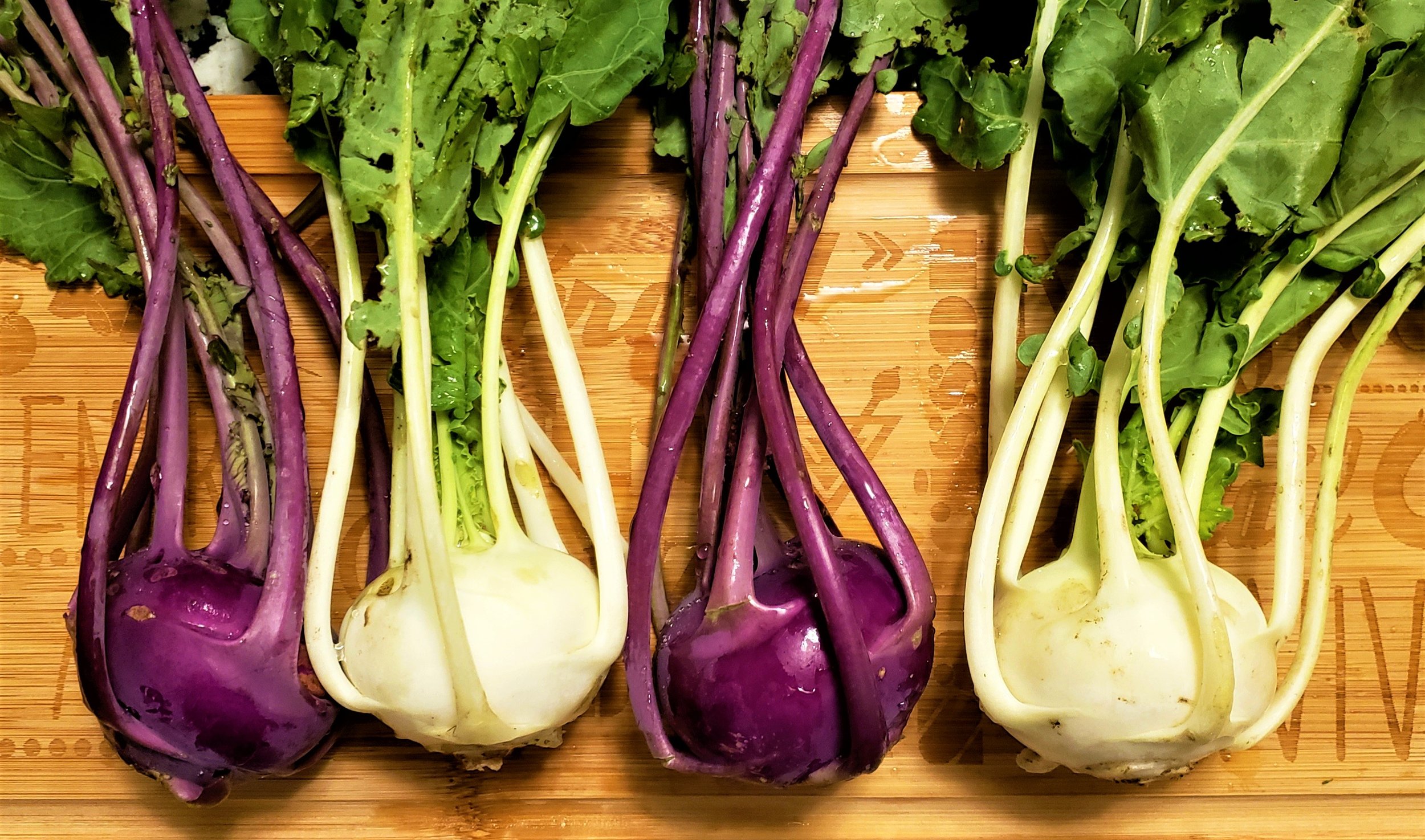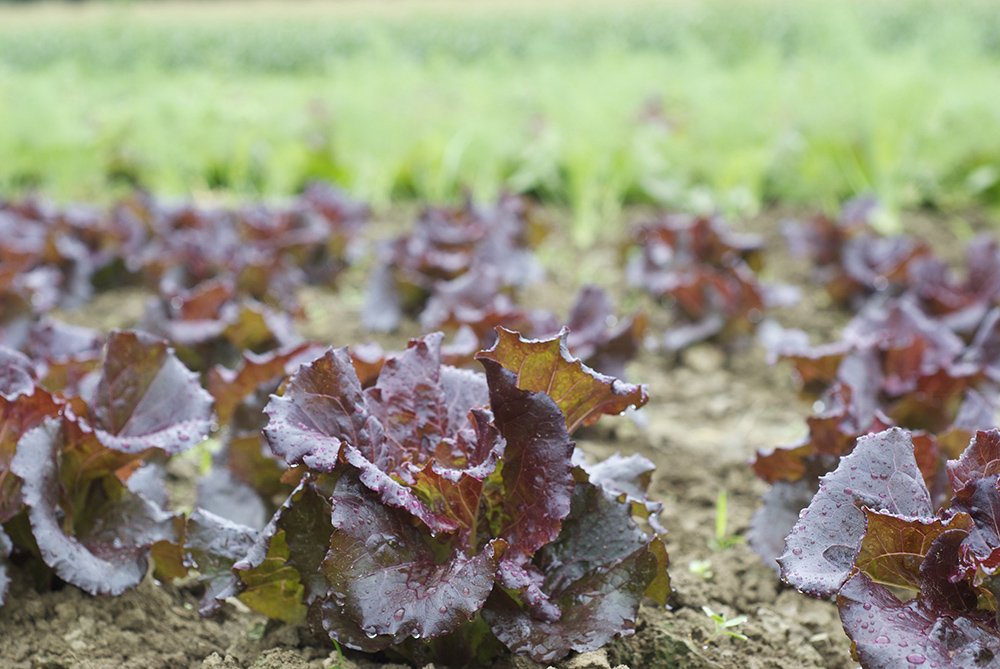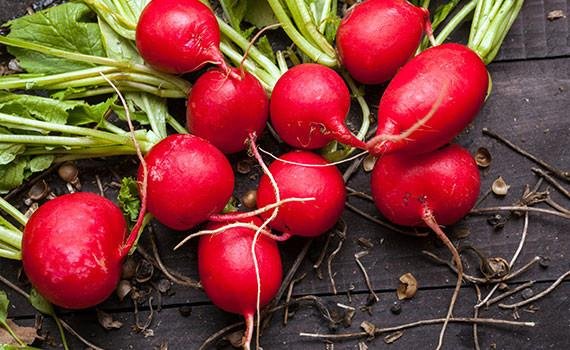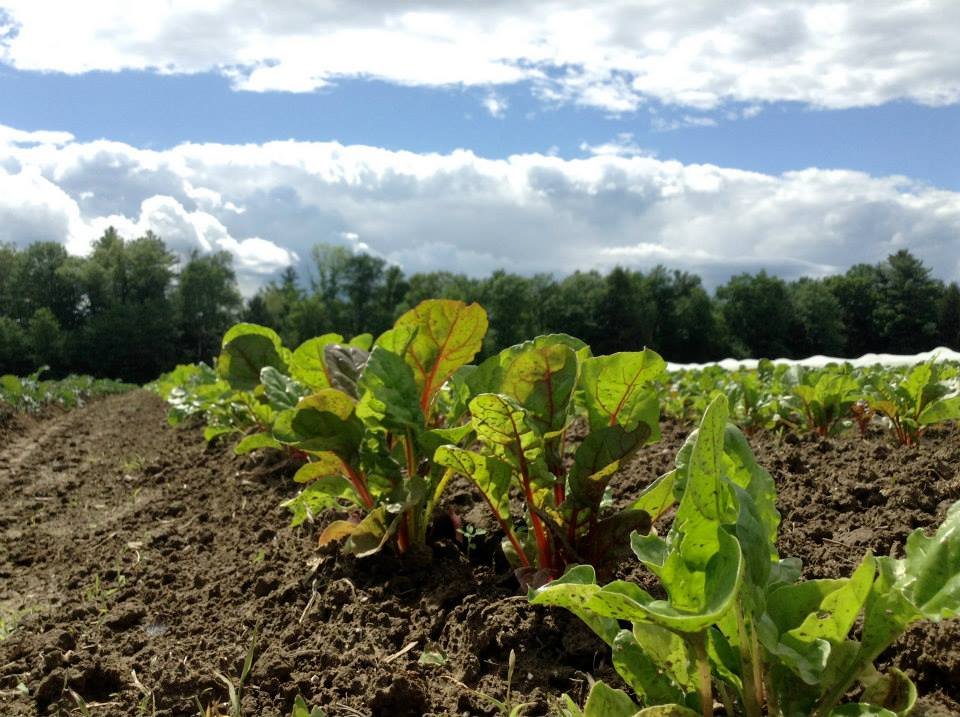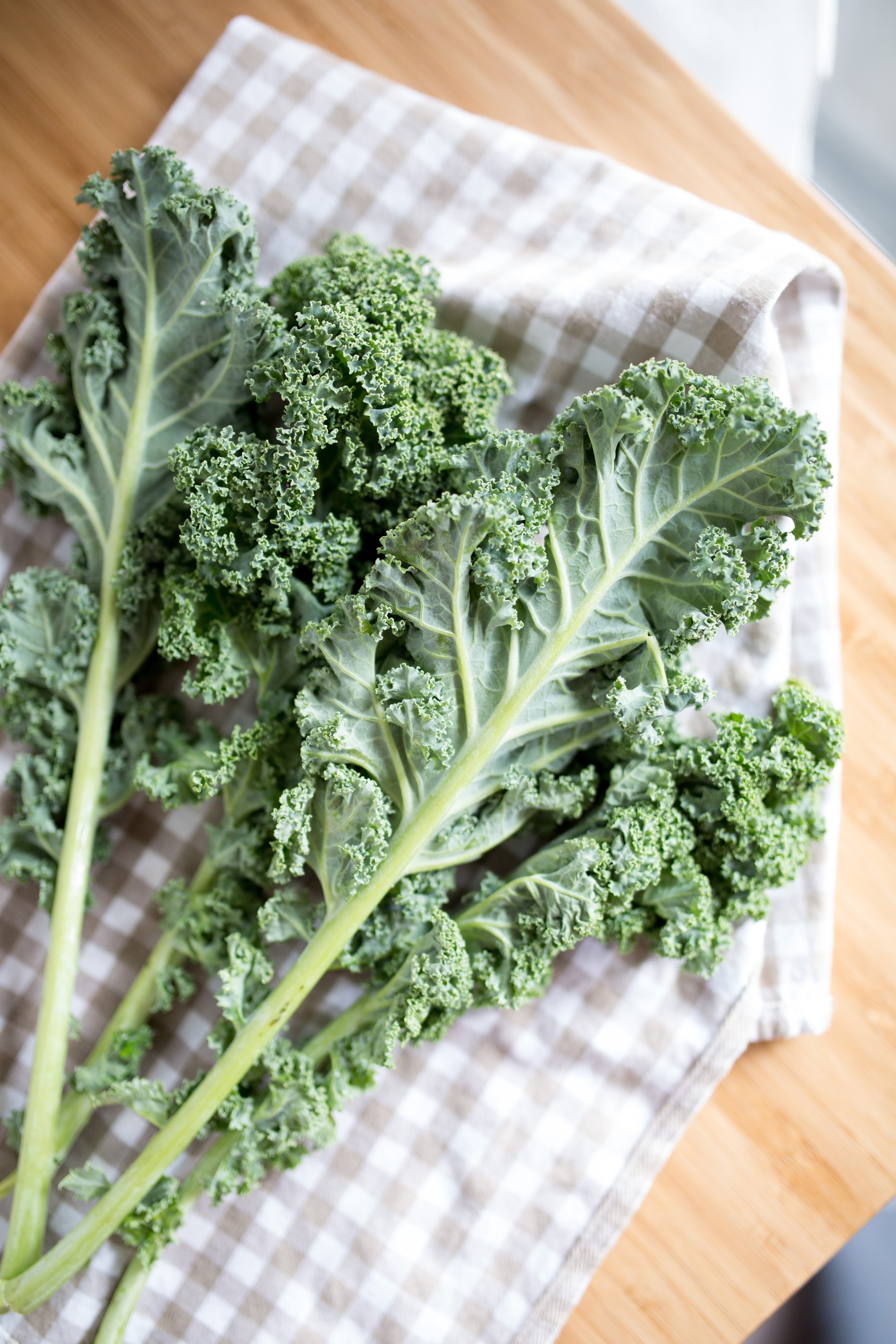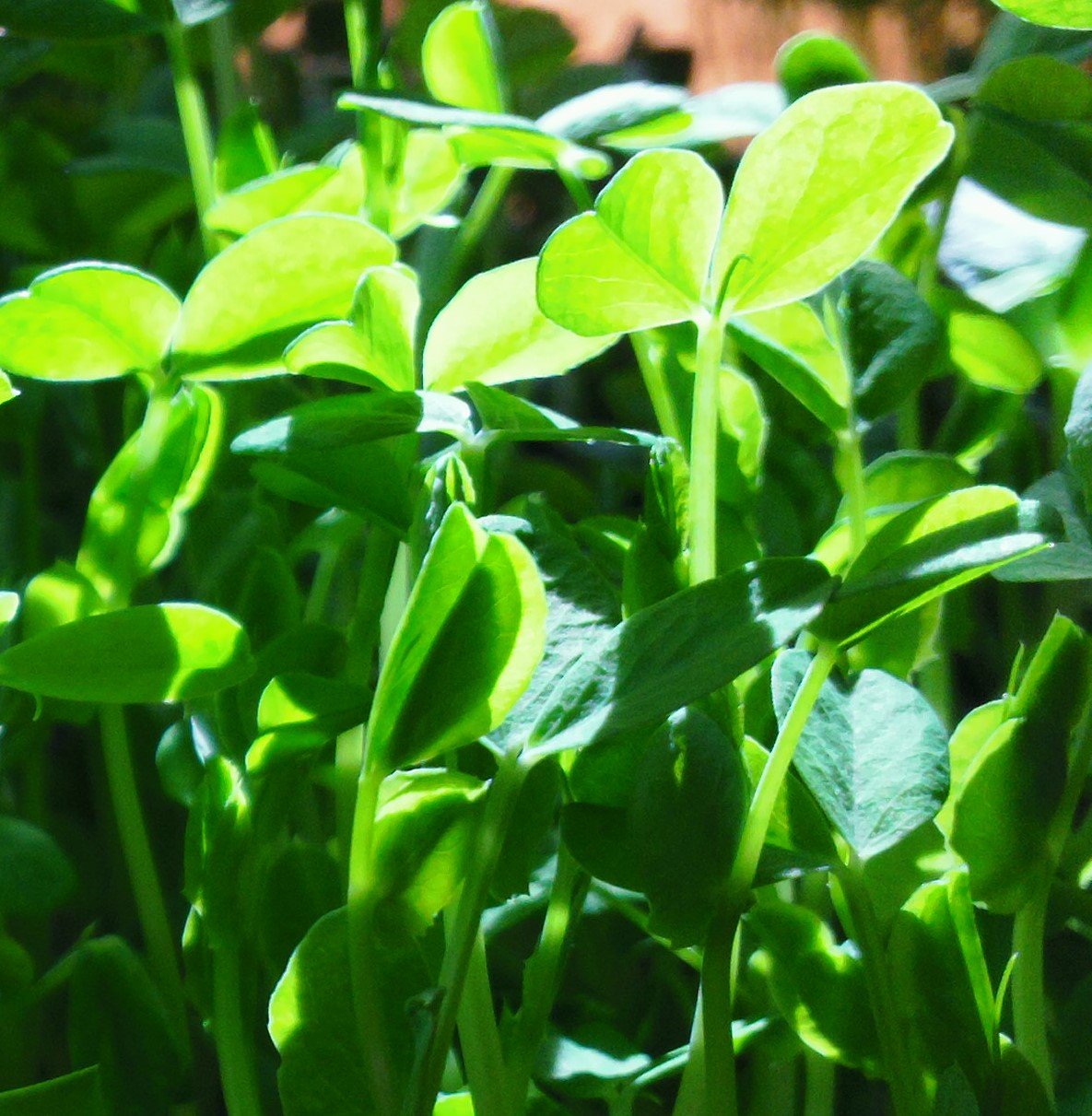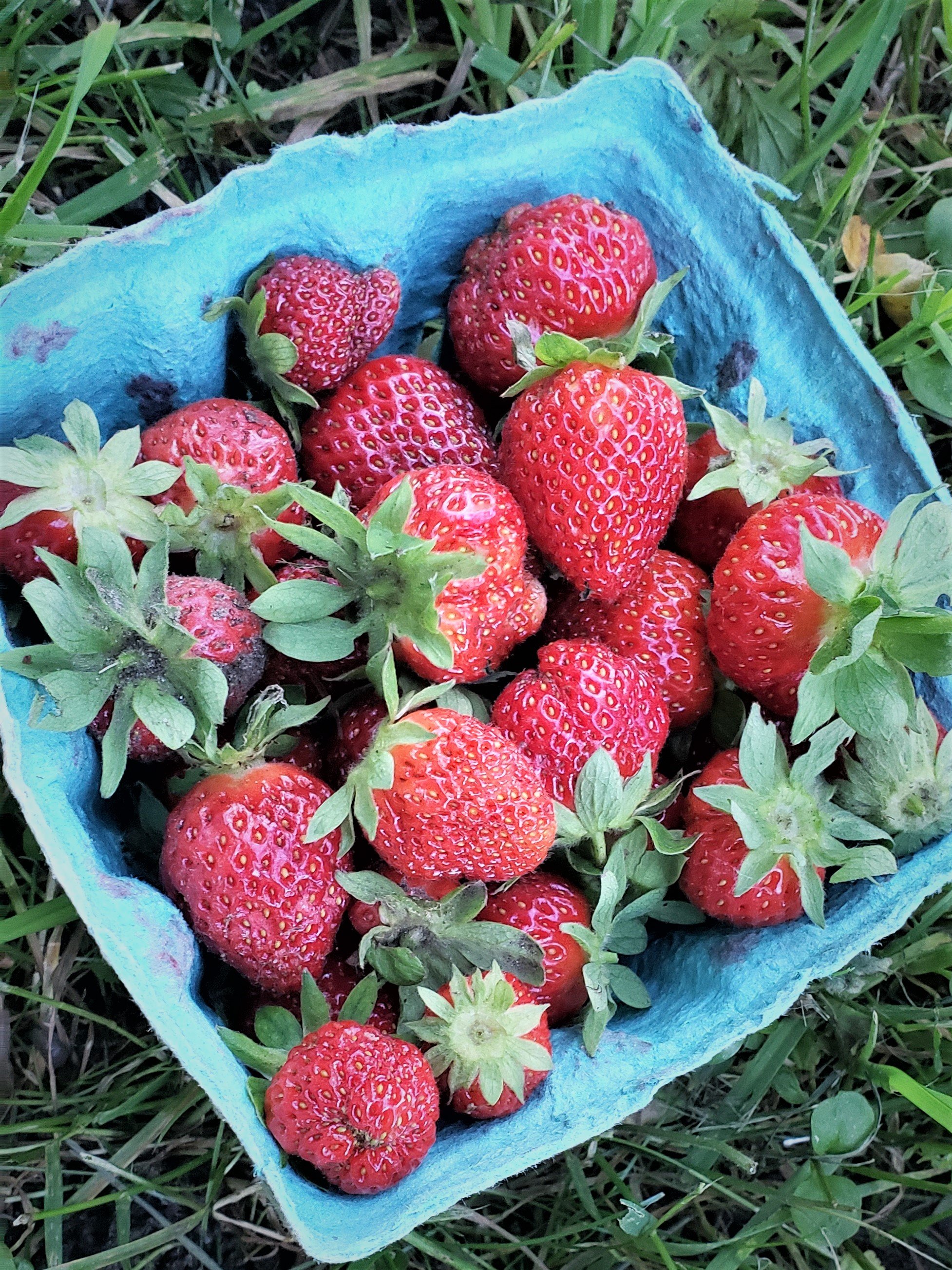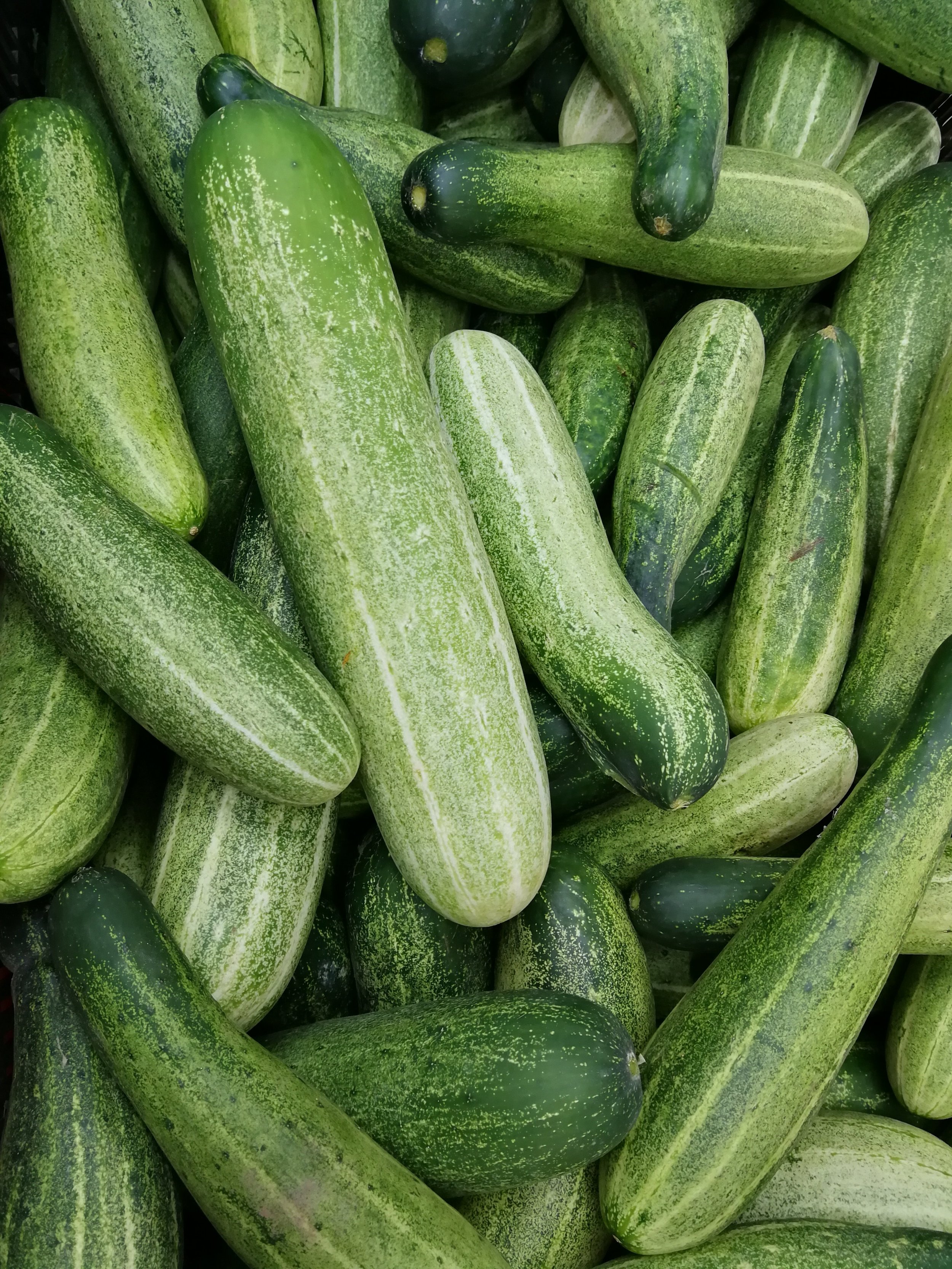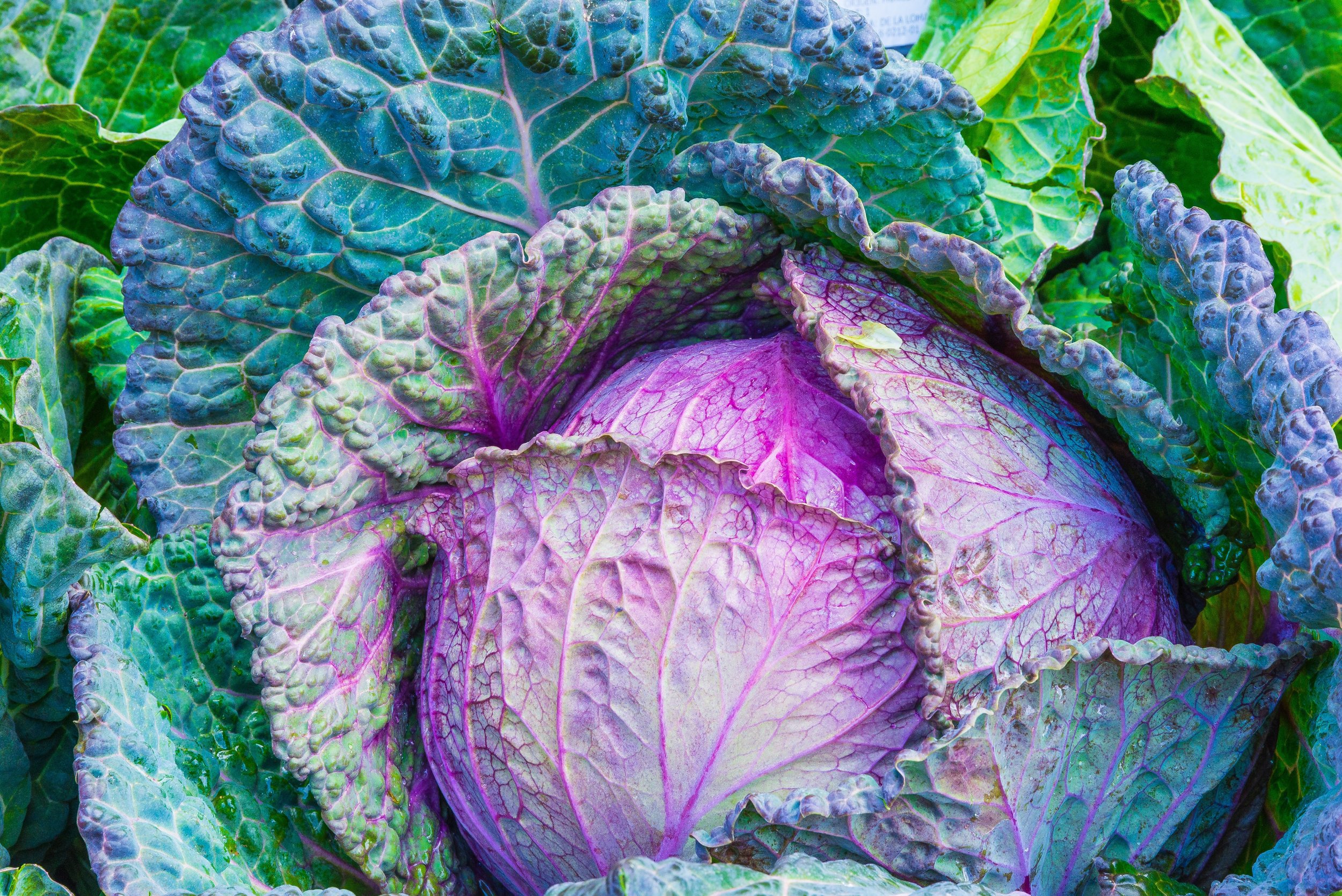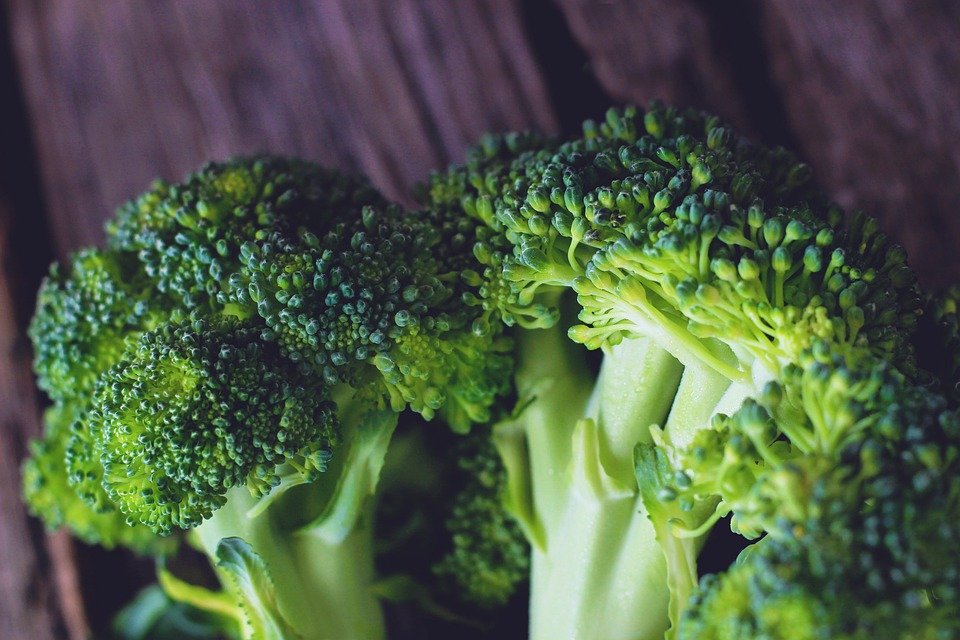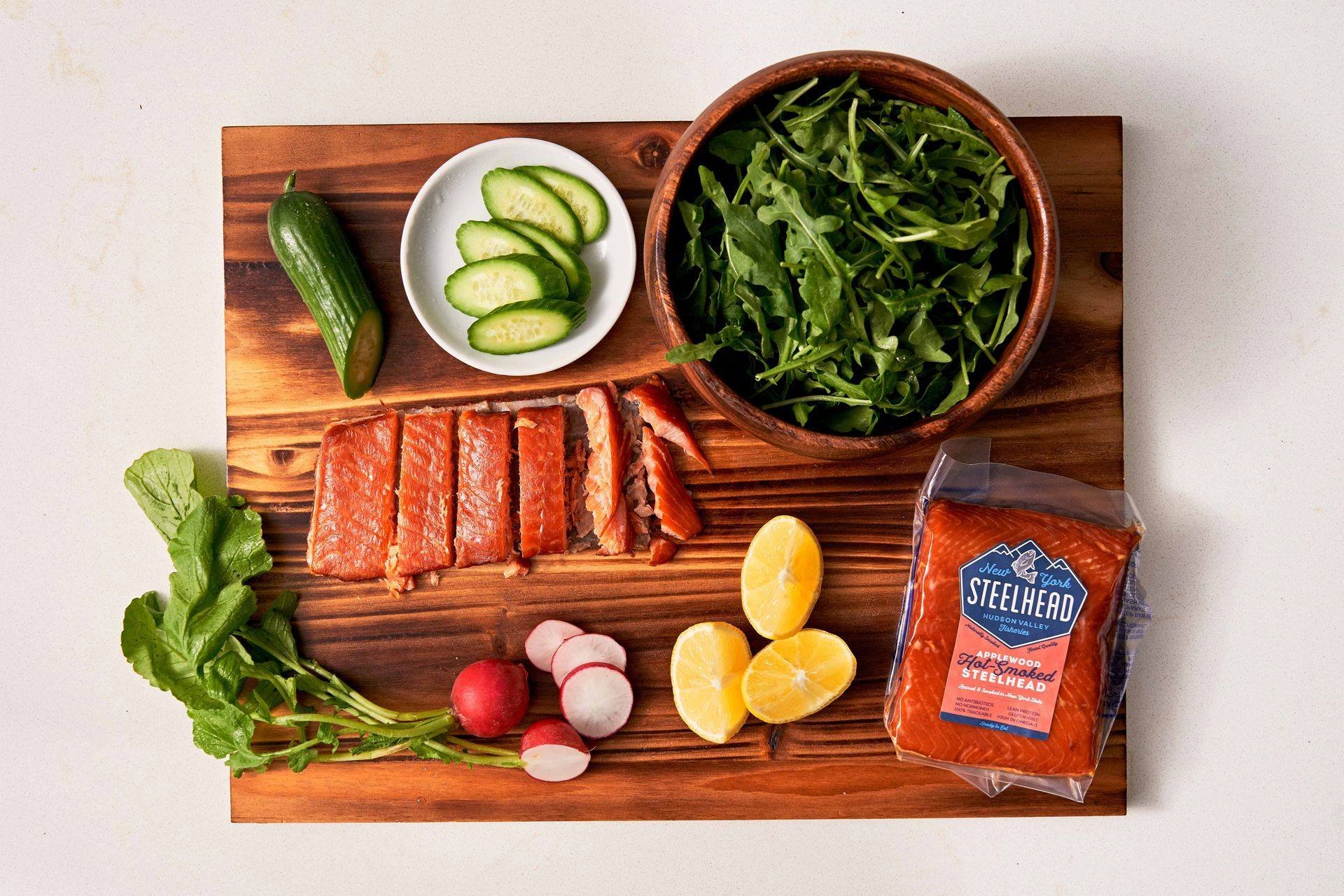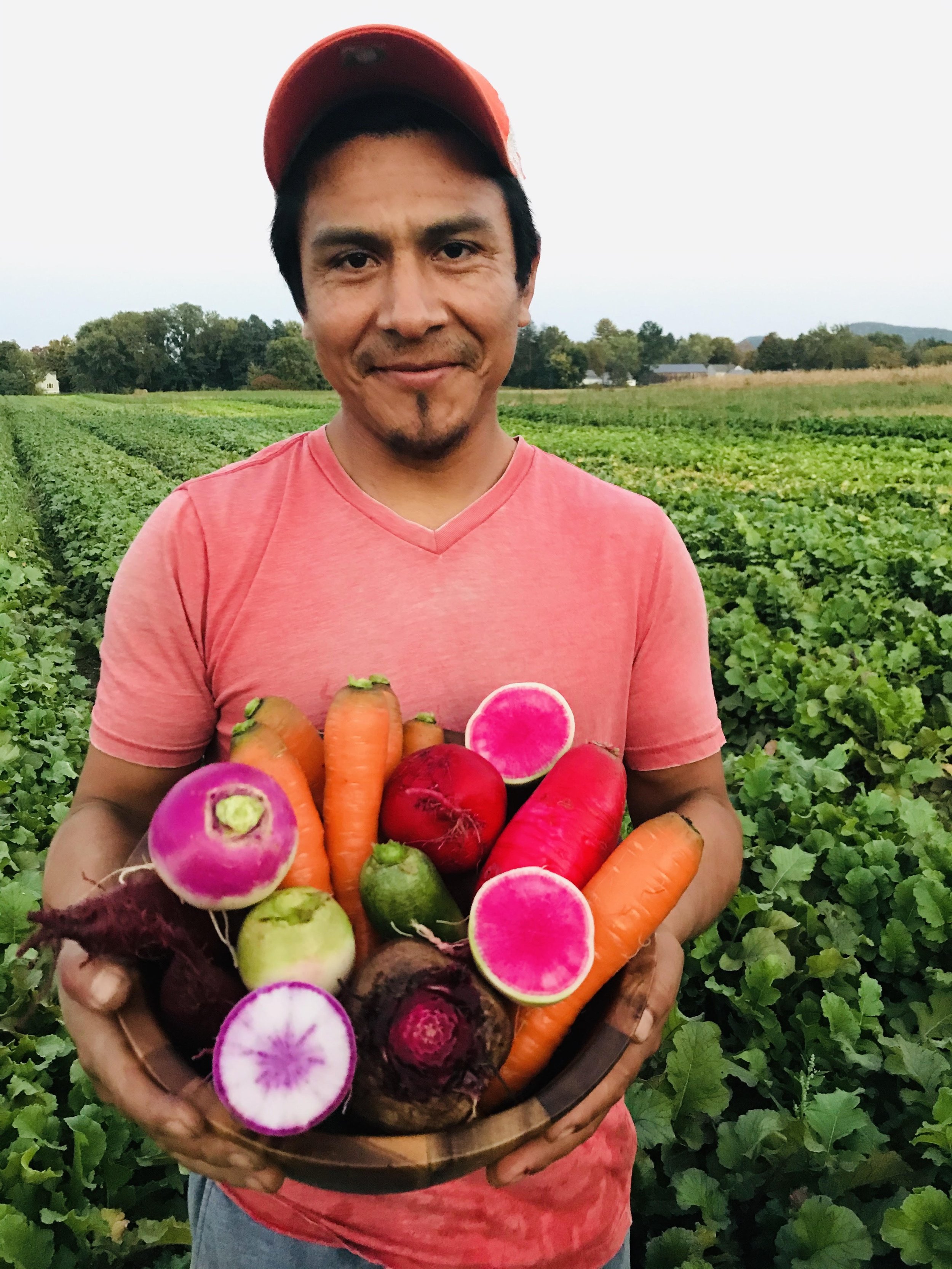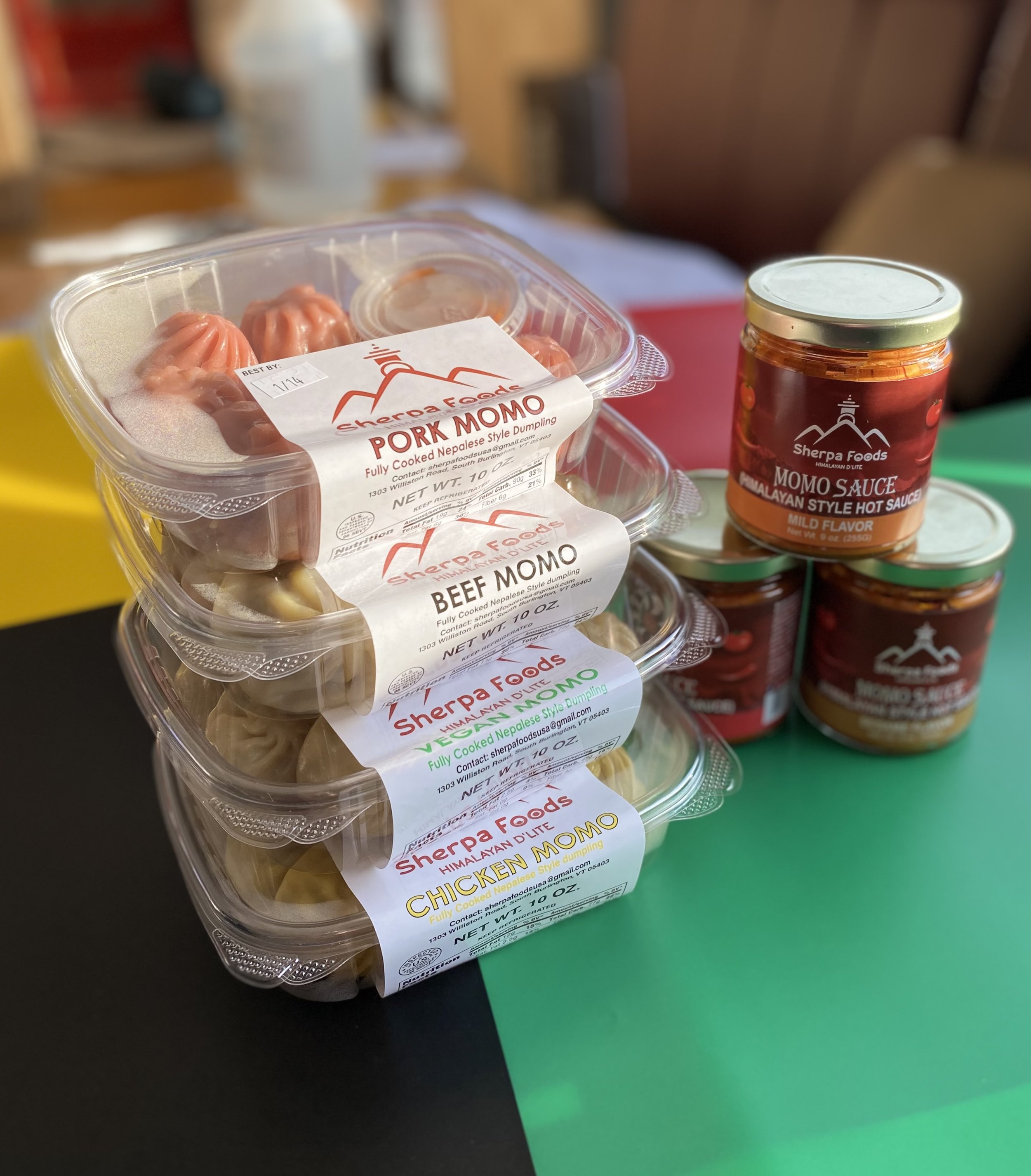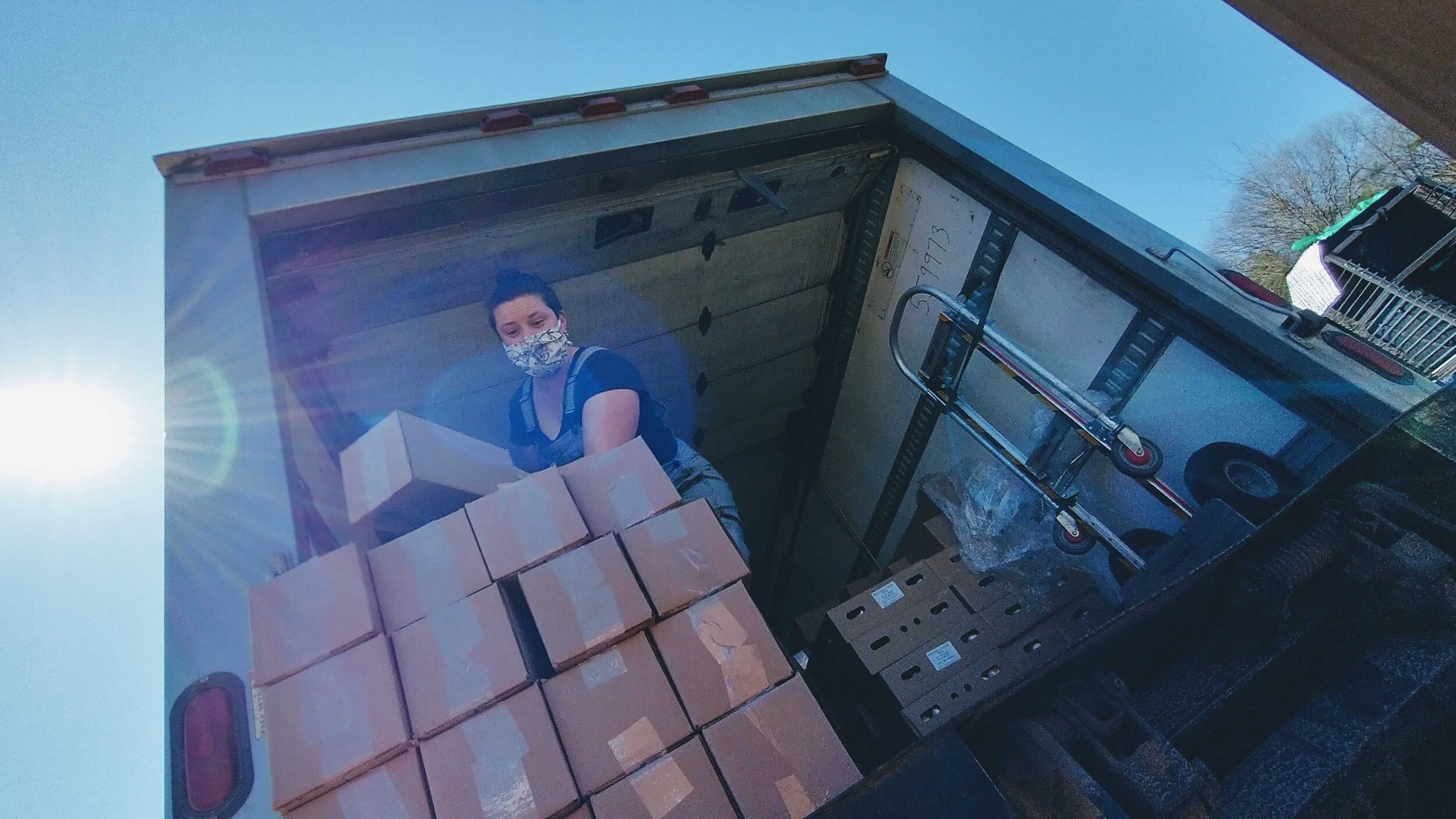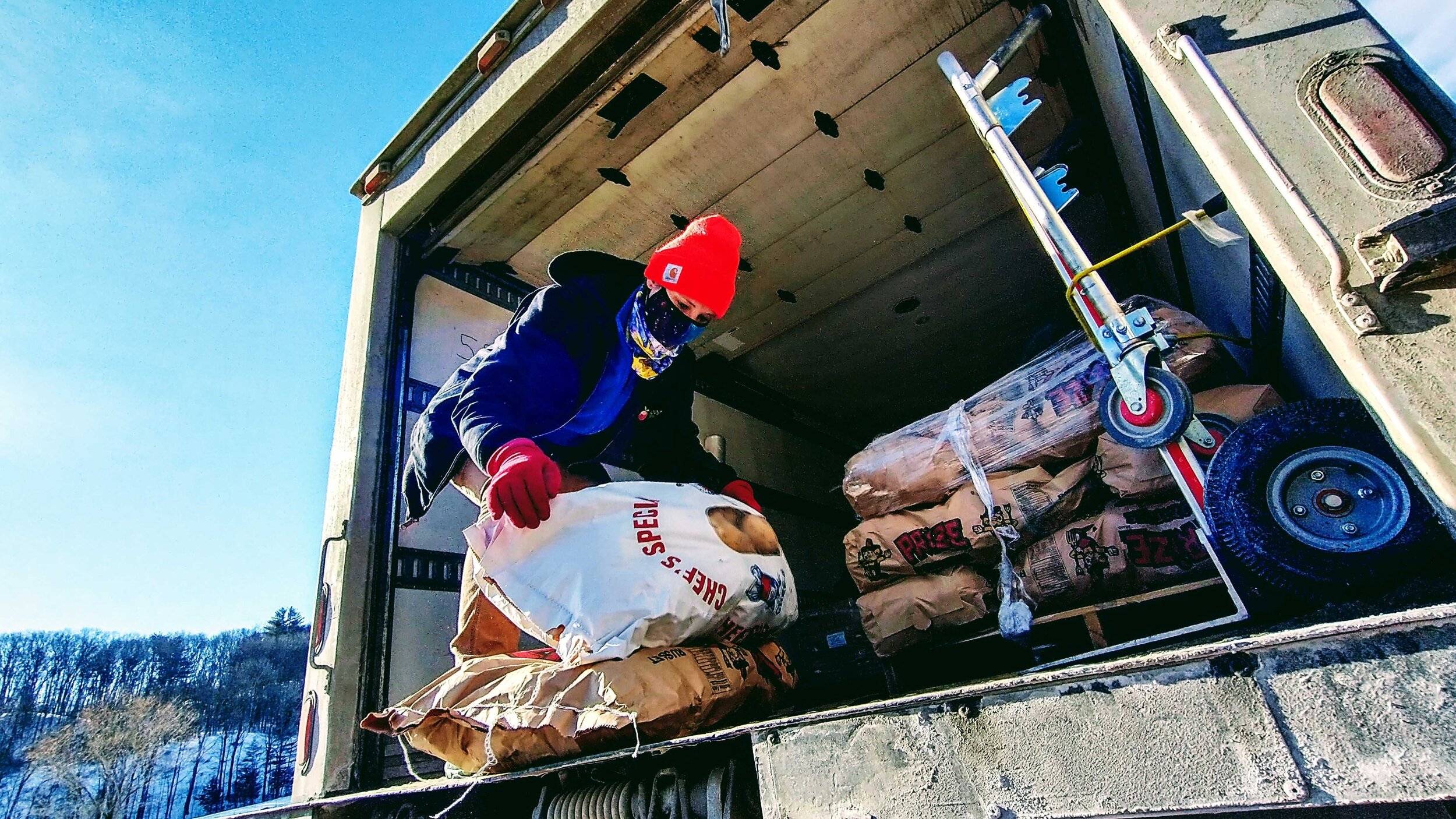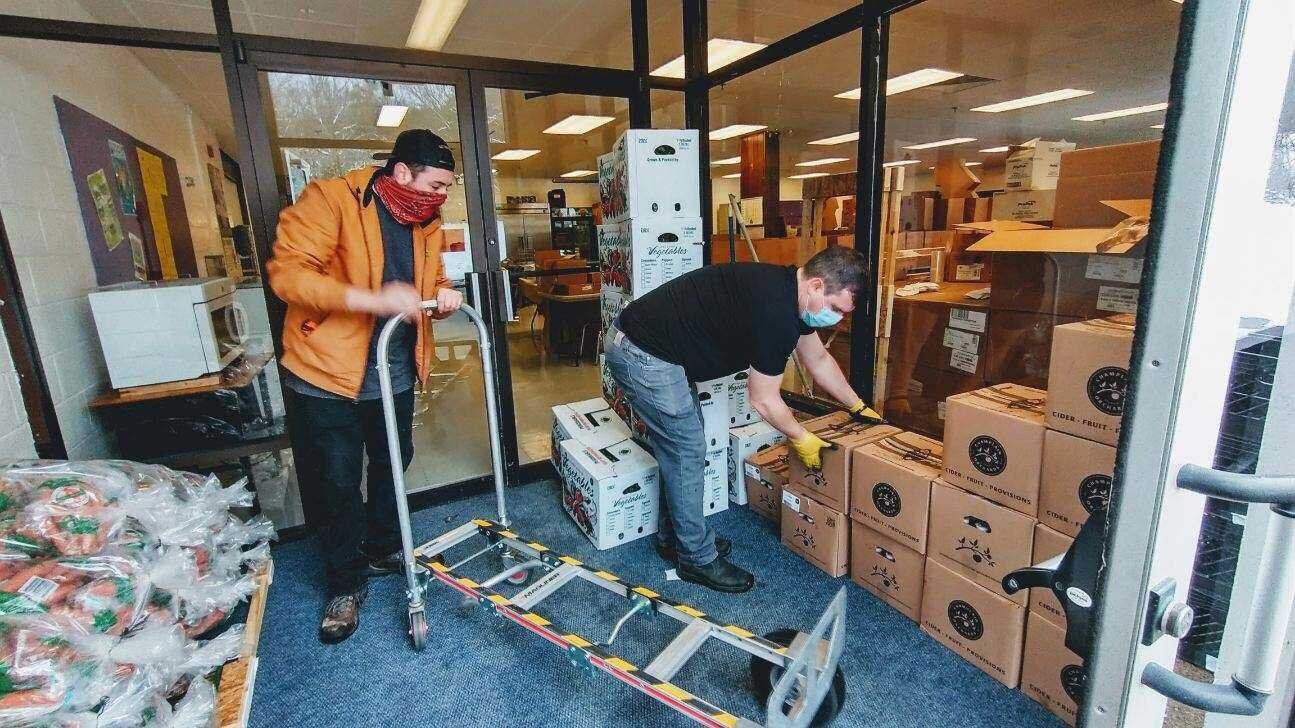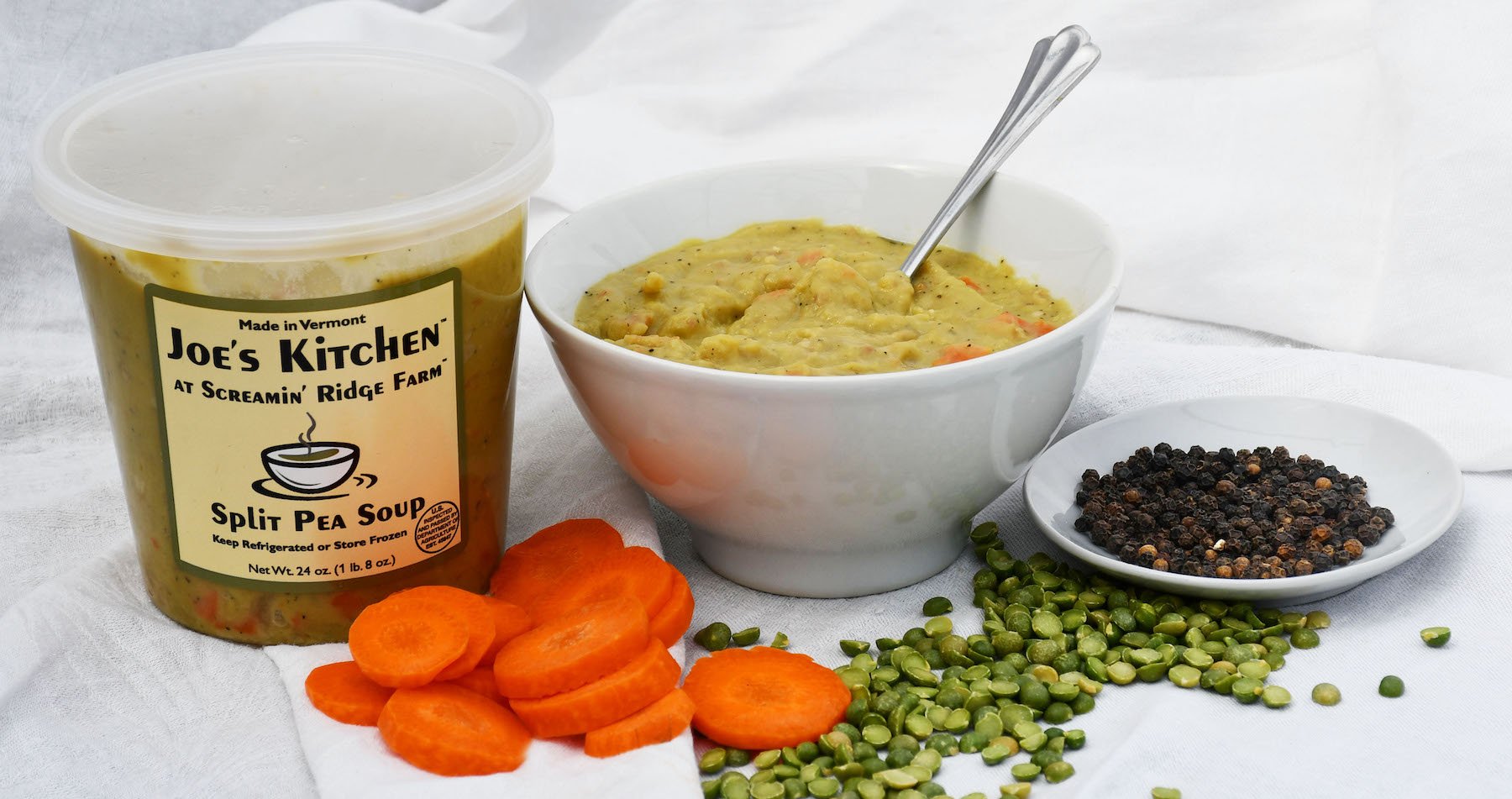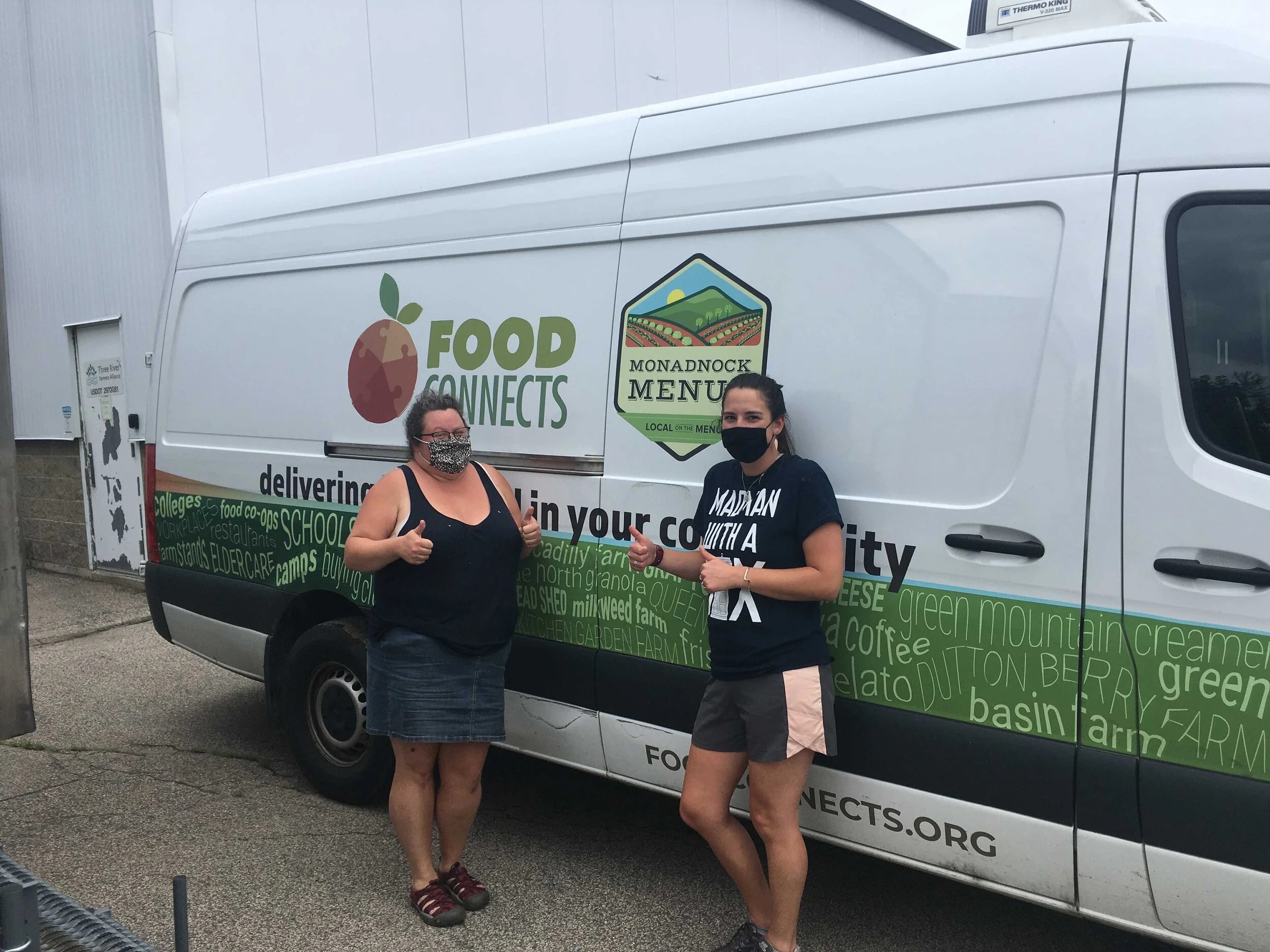Food Connects is excited to welcome Raymond Johnston to the Food Hub team as Food Connects’ Warehouse Specialist. Though not on the road often, Raymond will play a key role in distribution for our Food Hub. In this new position, Raymond will work to increase efficiencies in our Food Hub’s warehouse, maintain and oversee systems and regulatory compliance, and take on the daunting tasks of inventory management.
Raymond joined the Food Connects team in late July and has spent years in the food industry, primarily in warehouse distribution.
Meet Raymond today!
What interested you most about Food Connects and why are you excited to start working here?
What interested me most about Food Connects is its strong and growing presence as a key player in the supply chain of New England’s local food system. I am excited to start working at Food Connects to leverage my corporate sales experience and passion for philanthropy and community service to drive sustained growth and distribution of the Food Hub.
What sparked your interest in Food Connects and why are you excited to be here?
My partner let me know there was an opening and I was eager to apply. I had been aware of Food Connects having utilized the Food Hub myself in the past and was excited to be part of an organization making a positive change.
Why is the local food movement important to you?
I think it's important for people, in general, to know where their food comes from, and to at least think about how it gets to them. The less stuff in general, but perhaps food especially, we ship long distances across the country or around the planet the better we'll all be.
What do you see for the future of Food Connects and what you will do here? What are your hopes and dreams for this position?
I would love for organizations like Food Connects to become more and more about how food gets distributed, instead of long-distance distribution across the continent. My hope is to make the Food Hub as efficient and streamlined as possible so we can serve larger orders and customers seamlessly in order to make that a reality in our local market
How will your previous food systems work impact your work at Food Connects?
I'm hoping my knowledge of how larger operations work will help me realize the steps we need to take to scale up the Food Hub without impacting the great service we provide. I'll also be keeping in mind the frustrations and inefficiencies of the larger distributors I've worked for in order to make sure we don't fall into those same pitfalls.
How do you spend your time outside of work?
I like to spend my time outdoors, usually relaxing but oftentimes doing some of the never-ending upkeep on our small chicken coop. I always enjoy hiking in whatever woods I can find which previous positions I've held didn't really allow the time or energy for so that's something else positive which may come from this position! Most of my free time is definitely spent around the home though with my family.
What is your favorite or least favorite food?
My favorite food is lasagna, and I'll eat almost anything, so it's kind of hard to think of a least favorite.
If you could trade places with anyone for a day, who would you choose?
Joe Biden—but only to try and executive order some decent policies into place given the chance, not really a position I'd get gratification from experiencing. For that I'd probably pick someone from a different culture entirely, as different from me as possible, but probably no-one famous or known. Guess I'd spin a wheel!
What is an experience you've always wanted to try?
Spinning that "trade places" wheel sounds pretty appealing right now



